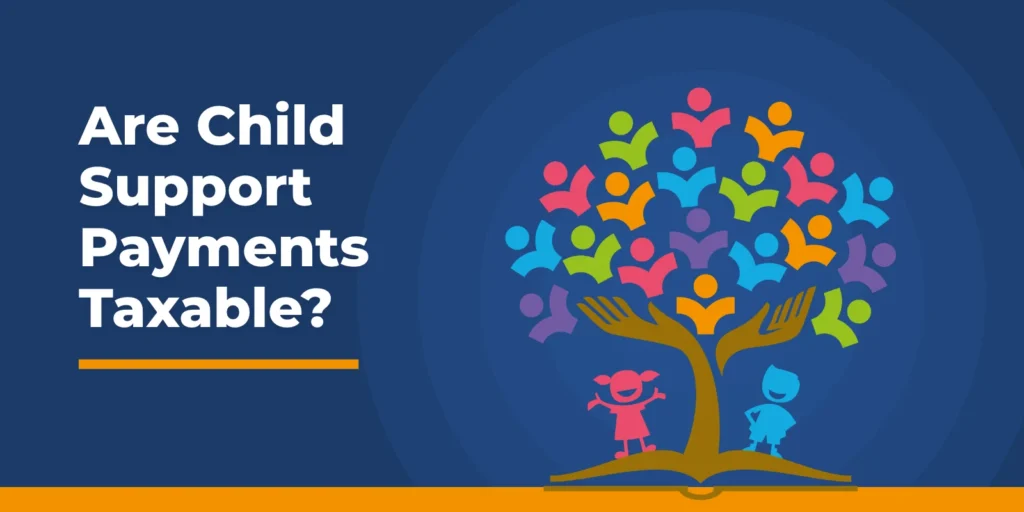
Child support payments serve as a critical lifeline for families post-divorce or separation, ensuring that children’s needs are met. Amidst the complexities of family law and taxation, one common question arises: Are child support payments taxable? In this article, we’ll answer this question, providing clarity on the tax treatment of child support payments and offering insights for both recipients and payers.
Understanding Child Support Payments
Child support payments are financial contributions made by one parent to the other to support their child after divorce or separation. These payments are typically mandated by court order or agreement between the parents. They are intended to cover the child’s basic needs, such as food, shelter, clothing, education, and healthcare. The parent without primary physical custody of the child is usually responsible for making payments to the custodial parent. The amount of child support to be paid is determined based on various factors. These include each parent’s income and the child’s needs. The standard of living the child would have enjoyed if the parents had remained together is also considered.
Tax-Free Support for Custodial Parents
For custodial parents receiving child support, there’s a straightforward answer: these payments are not considered taxable income. The IRS stipulates that child support payments are exempt from federal income tax. This exemption extends to most state income taxes as well. Such provisions enable custodial parents to utilize these funds for their intended purpose. That is to cover the child’s essential living expenses without the burden of tax obligations.
Non-Deductible Obligations for Payers
On the other hand, parents making child support payments do not enjoy any tax deductions for these contributions. Unlike alimony payments, which may be tax-deductible under specific circumstances, child support payments are not eligible for such deductions. The IRS views child support as a fundamental financial obligation to support one’s children, rather than a discretionary expense subject to tax benefits.
Uniform Treatment Across Payment Methods
Regardless of the mode of payment—whether through court orders, voluntary agreements, or direct transfers—the tax treatment of child support payments remains consistent. Whether funds are transmitted electronically, via checks, or through other means, they retain their tax-exempt status for the recipient and lack tax-deductibility for the payer.
Tax Help for Parents
In conclusion, child support payments are not taxable income for recipients nor eligible for tax deductions for payers. Understanding these tax implications is paramount for both custodial and non-custodial parents to ensure compliance with IRS regulations. For those seeking clarity on the tax treatment of child support, consulting qualified tax professionals or family law attorneys can provide the guidance needed to navigate this subject with confidence. Optima Tax Relief is the nation’s leading tax resolution firm with over a decade of experience helping taxpayers with tough tax situations.
Contact Us Today for a No-Obligation Free Consultation